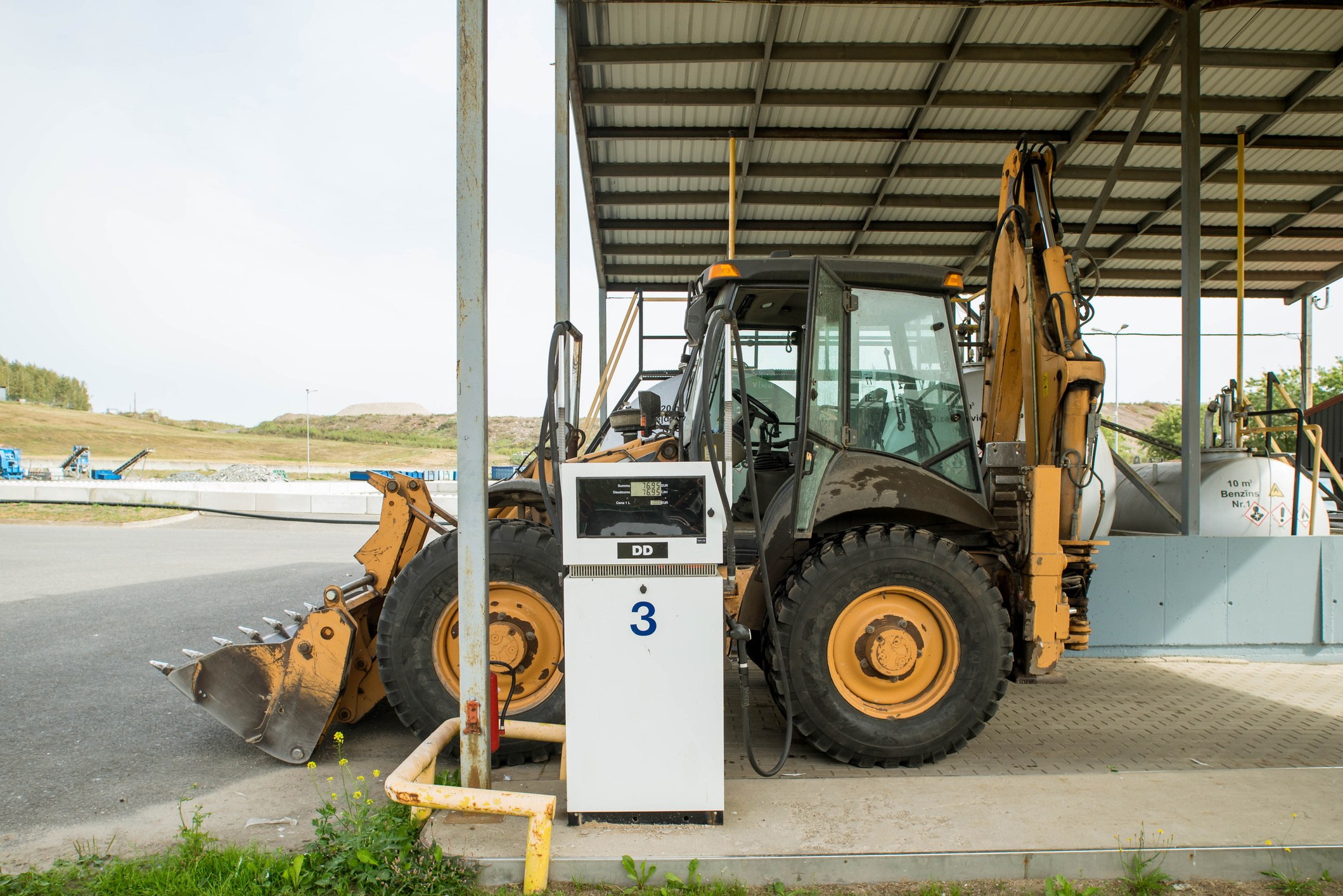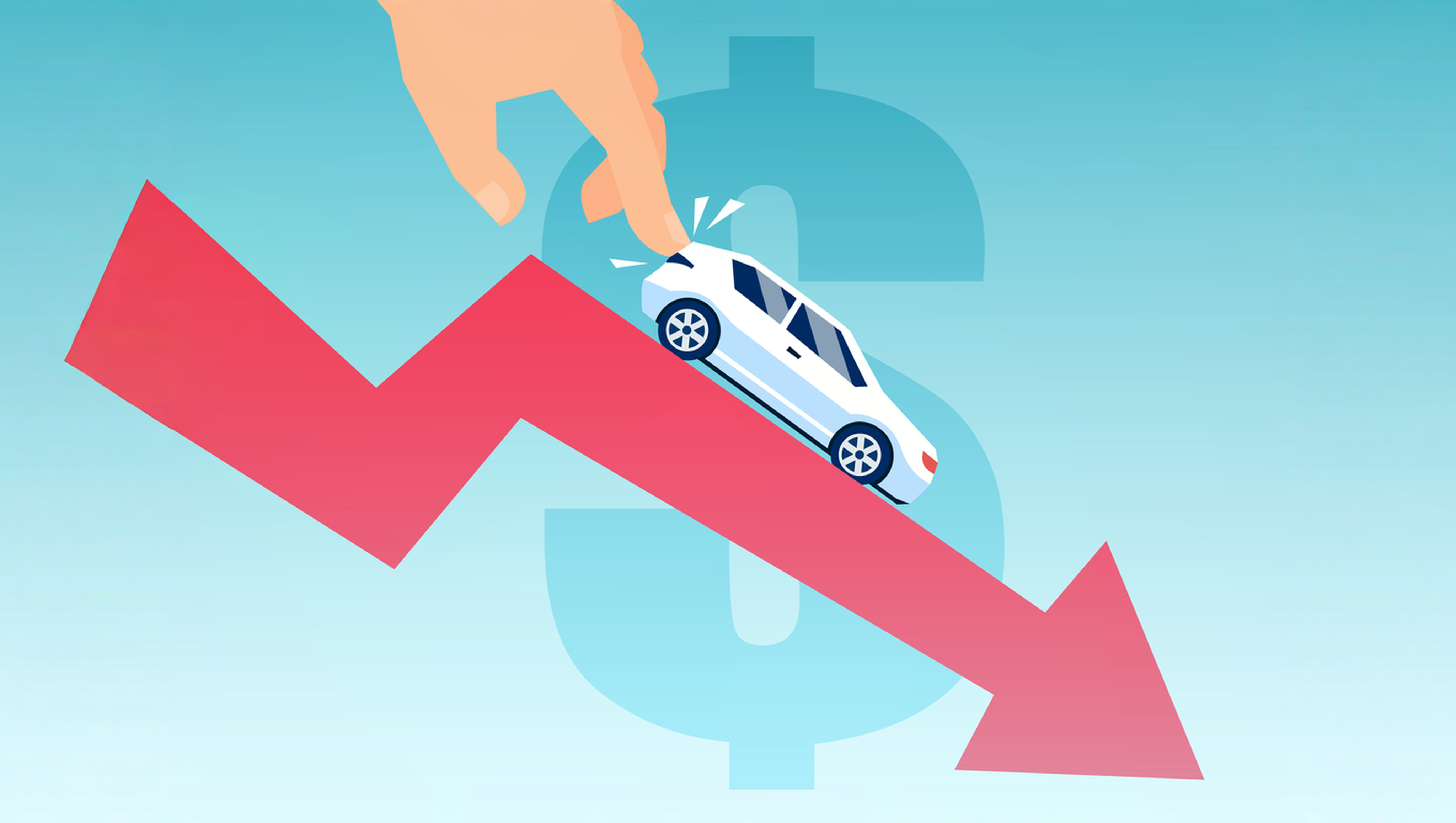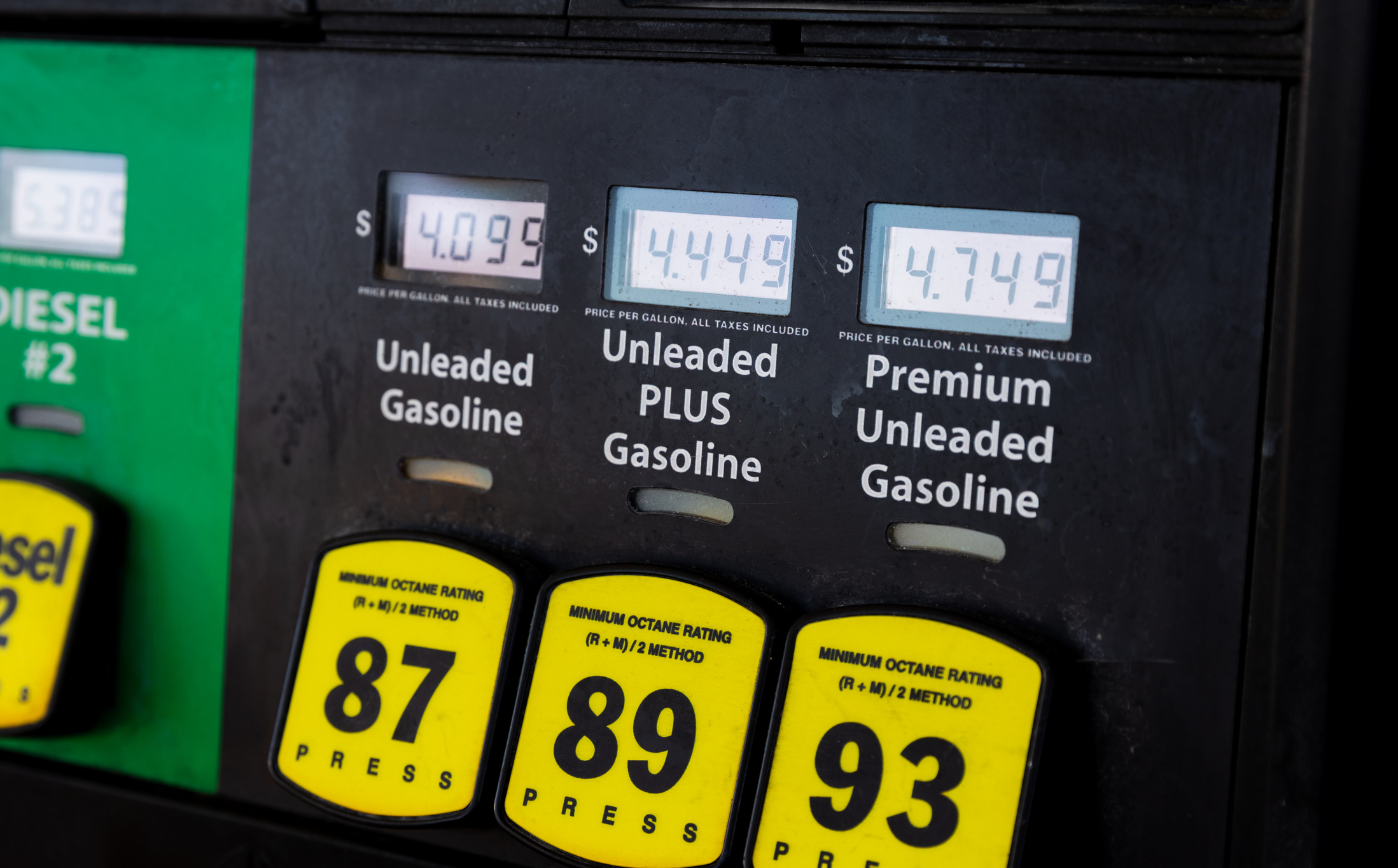Last year, the legislature adopted a “clean fuel” mandate which is intended to reduce transportation-related CO2 emissions. The requirement, however, is extremely expensive and duplicates other existing laws. When combined with Washington’s new carbon cap law, it adds nothing to total CO2 emission reductions, as the Department of Ecology itself admits.
The deadline for the comment period on the rules to implement the fuel mandate was this week. Our comments focused on ways to reduce the wastefulness of the program by making it more flexible and focusing on effectively reducing CO2 emissions. The boilerplate comments offered by the environmental community focused on making the rule more narrow, meaning it would restrict innovation, increase costs, and favor a narrow group of industries and special interests – for no environmental benefit.
Ultimately, the law should be repealed because it provides no additional environmental benefits. In an effort to reduce the wastefulness of the rule, however, we offered these comments.
Thank you for the opportunity to comment on the proposed rule language. While the goal of reducing transportation-related CO2 emissions is understandable, given the state’s GHG targets, the proposed rule adds nothing to the state’s CO2 cap – the Climate Commitment Act. Therefore, the rule should be written in such a way to facilitate innovation of CO2-reduction technologies by providing the widest latitude, allowing innovators to create the diversity of technologies we will need to reduce emissions most effectively and inexpensively. To that end, we recommend four changes:
- The LCFS and CCA should be integrated. Reductions under the LCFS count toward the CCA targets. Similarly, any reduction in transportation-related CO2 emissions should toward the LCFS. If CO2 reductions under the CCA are not counted in the LCFS it calls into question the goal of the LCFS. Is it about reducing transportation-related emissions, or simply subsidizing particular industries?
By integrating transportation-related emissions reductions under the CCA and LCFS, it not only encourages existing technologies, but also rewards innovation for technologies not anticipated in the rule, without having to undergo additional rulemaking which is wasteful and duplicative.
- Washington should match the rules of other states. While some are calling for Washington’s rules to be more restrictive than other states, doing so would be needlessly expensive and create a costly, niche market in Washington state that is unnecessarily out of step with other markets.
- Accounting of environmental benefits must not double count benefits already provided by other climate policies. Because the low-carbon fuel standard duplicates the efforts of other laws, like the CCA, any accounting of its benefits – environmental or social – must only account for those provided uniquely by the rule. If air quality or other benefits would be provided by the CCA, any accounting should acknowledge that the LCFS provides no additional benefit.
- Uncertainty should favor innovation, not restriction. Assessment of the environmental benefits and impacts of various technologies, including different biofuels, hydrogen fuels, and other fuels, is always uncertain and always changing. A restrictive approach to this uncertainty in innovation would delay the development of new technologies and drive costs up, without providing additional environmental benefit. This encouragement of new innovation should be codified in the rule to make it clear that when uncertainty exists, regulators should favor innovative approaches to reducing emissions.
Since the LCFS does not increase total CO2 emissions reductions above those already required by the CCA, it should be seen as a tool to encourage innovation. If the rule is written to be restrictive, it will end up as the worst of both worlds – doing nothing to reduce CO2 emissions while discouraging innovative approaches to reducing transportation-related GHG emissions.
We hope you will align the rule with these important goals.






